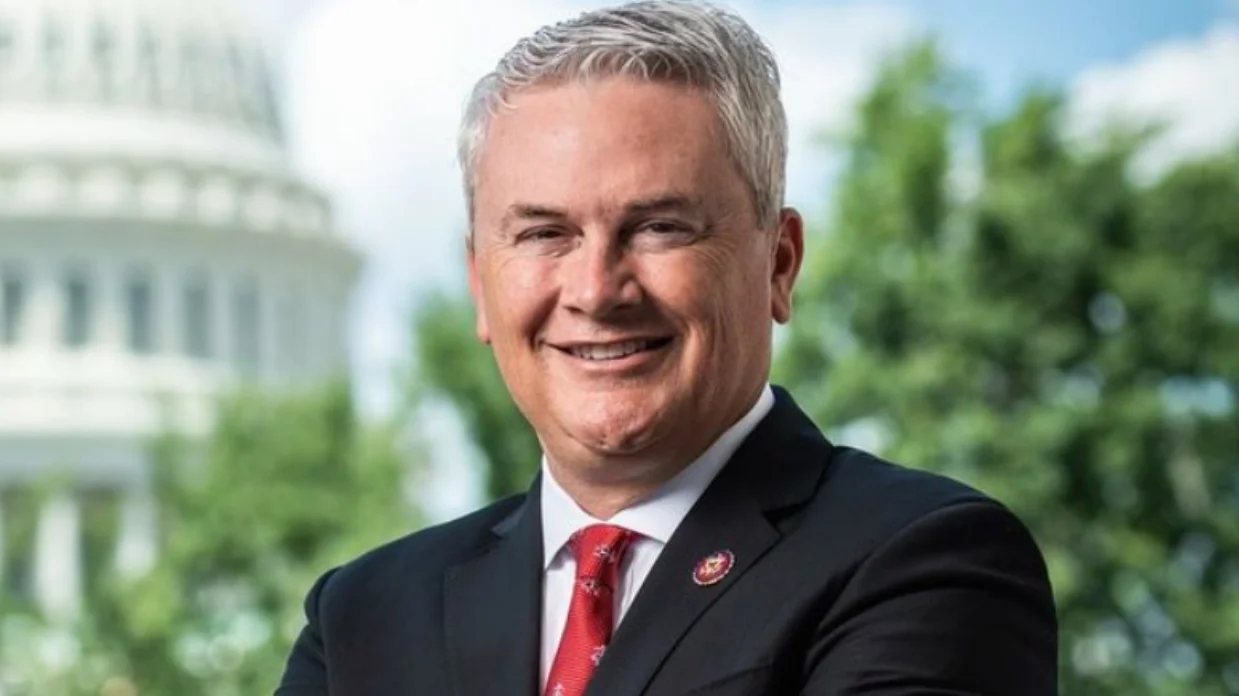The Subcommittee on Cybersecurity, Information Technology, and Government Innovation convened a hearing titled "Breach of Trust: Surveillance in Private Spaces." The session focused on the increasing sophistication and accessibility of surveillance technology and its implications for personal privacy.
Key points discussed included the growing availability of affordable and concealable devices such as smart home gadgets, motion-activated cameras, and cloud-based storage systems. Alan Butler from the Electronic Privacy Information Center highlighted that these advancements have resulted in a loss of control over personal data. He noted, “These developments have led to a significant loss of practical control over when and how images, recordings, and other information about our conversations and actions are being collected."
Joseph LaSorsa of LaSorsa & Associates emphasized the need for privacy rights for individuals renting spaces temporarily. He stated, “[I]ndividuals who temporarily rent a space—whether for a weekend stay or during travel— should be granted the same reasonable expectation of privacy.”
The discussion also covered legislative measures such as the recently enacted Take it Down Act aimed at criminalizing nonconsensual distribution of intimate images. Laura Chadwick from the Travel Technology Association supported new legislation that would extend protections beyond federal properties.
Rep. Lauren Boebert raised questions regarding technological advances enabling covert surveillance in private areas. Mr. LaSorsa explained how small cameras could be concealed in everyday items like smoke detectors or computer mice.
Rep. Eli Crane explored legal loopholes that facilitate unauthorized recordings in private settings. Alan Butler described issues with consent laws that complicate privacy violations due to differences between state regulations.
Subcommittee Chairwoman Rep. Nancy Mace shared her experience with secret recording incidents and discussed potential preventative measures with witnesses.







